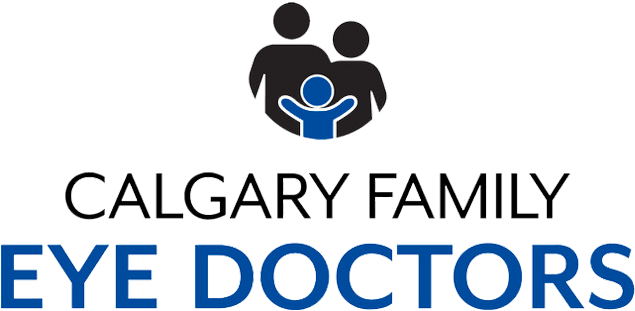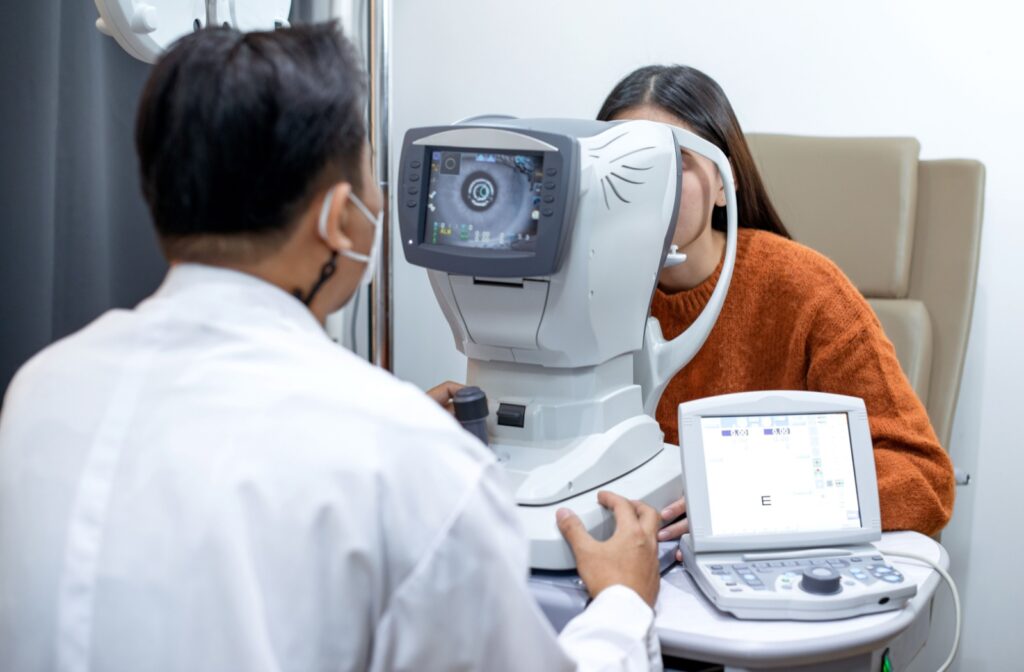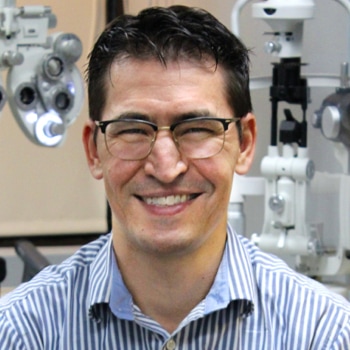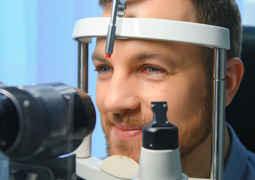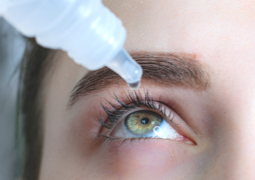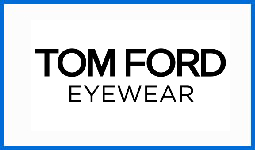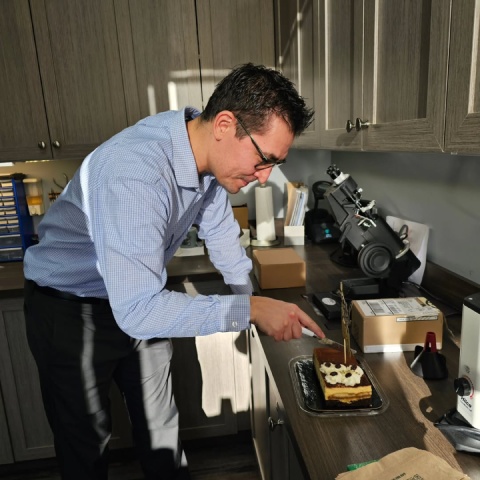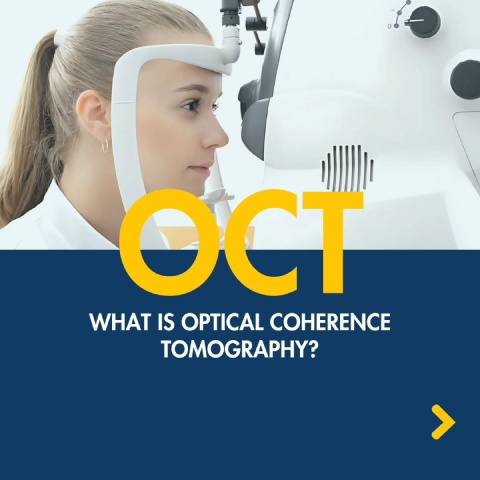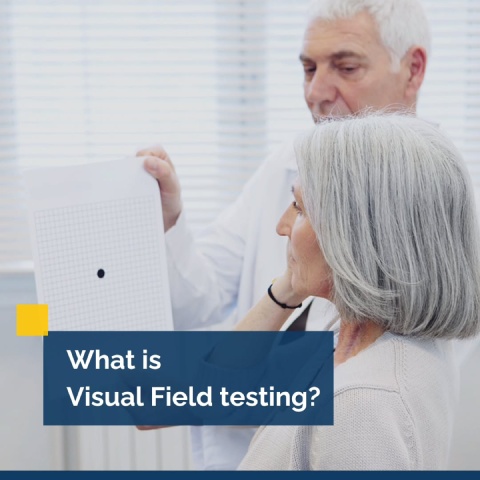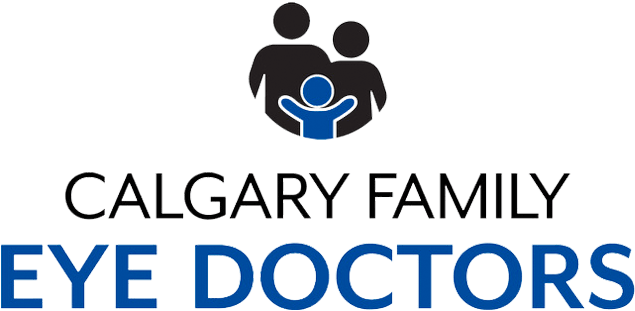You juggle work, family, and a packed schedule, so it’s easy for routine health appointments to fall to the bottom of your to-do list. When it comes to your vision, regular check-ups are a key part of your overall wellness. These exams do more than just update a prescription; they also give us a clear picture of your eye health.
How often you need an exam depends on your age, health, and risk factors for various eye conditions. The general guideline is that adults below 65 should have an eye exam every one to two years, while children and older adults may need them more frequently. A personalized schedule can help you stay on top of your eye health and protect your vision for the long term.
Recommended Eye Exam Frequency for Kids & Adults
Your eyes change throughout your life, so the right exam schedule changes too. Following age-appropriate guidelines can help detect vision problems early.
Eye Exams for Children
Clear vision is incredibly important for how your child learns and experiences the world. Comprehensive children’s eye exams are essential for supporting their development every step of the way. Here’s a simple timeline to follow:
- Infants should have their first exam between 6 & 9 months old.
- Preschoolers need at least one exam between the ages of 2 & 5.
- School-aged children up to 19 should have an exam every year.
Eye Exams for Adults
We recommend that all adults have a comprehensive eye exam every year. Staying on a consistent annual schedule allows us to monitor for subtle changes in your vision and detect early signs of eye conditions before they become more serious.
Reasons You Might Need More Frequent Eye Exams
The standard recommendations are a great starting point, but they don’t apply to everyone. Certain health factors or lifestyle habits mean you could benefit from more frequent eye exams. If you have any concerns, your family eye doctors in Calgary can suggest a schedule that fits your needs.
If You Wear Glasses or Contacts
Your vision can shift subtly over time, even if you don’t notice a big difference. If you wear glasses or contact lenses, an exam every year helps keep your prescription current. This makes sure you’re seeing as clearly and comfortably as possible.

If You Have Certain Health Conditions
Some health issues can affect your eyes directly, making regular monitoring important. More frequent exams are often recommended if you have a personal or family health history that includes the following:
- Diabetes
- High blood pressure
- A family history of eye conditions like glaucoma or macular degeneration
Signs It’s Time to See an Eye Doctor
You don’t need to wait for your next scheduled visit if you notice changes in your vision. It’s always best to book an appointment if you experience something new or concerning. Paying attention to your eyes is a proactive way to care for your sight.
Common Symptoms to Watch For
Your eyes often let you know when they need attention. If you experience any of these symptoms, it may be a good time to schedule a visit:
- Sudden blurry vision or trouble with focus
- Frequent headaches, especially after looking at a screen
- Eye fatigue or discomfort
- See new floaters or flashes of light
- Struggle to see clearly at night
- Increased sensitivity to light
What to Expect at a Comprehensive Eye Exam
An eye exam is a straightforward and painless process designed to give us a complete look at your vision and eye health. It involves much more than just reading letters on a chart. The process is simple and helps us work with you to protect your sight for years to come.
At Calgary Family Eye Doctors, your exam includes advanced diagnostic pretesting using modern tools like OCT, Optomap, visual field testing, and more. These technologies allow us to detect eye conditions earlier, monitor subtle changes, and tailor your care to your unique needs.
Our advanced equipment includes:
- ZEISS Optical Coherence Tomography (OCT) for detailed retinal scans
- Optomap ultra-widefield imaging to capture a full view of your retina without dilation
- Humphrey Field Analyzer for visual field testing
- MYAH for monitoring myopia in children and young adults
- iCare IC100 tonometer, a gentle alternative to the air puff test
- Auto Kerato-Refractometer and PanoMap for precise measurements
These tools help make your exam more comfortable and efficient while giving us deeper insights into your eye health.
Check Your Vision
This part of the exam, often called a refraction test, measures how clearly you see at different distances. It helps determine if you need glasses or contacts, or whether your current prescription needs an update.
Assess Your Eye Health
We also check the physical structures of your eyes to get a full picture of their health. This includes tests for eye pressure, a look at your retina at the back of your eye, and an assessment of how your eye muscles work together. It allows us to look for early signs of eye conditions.
Plan Your Next Eye Exam in Calgary
Your ideal exam schedule depends on your personal health profile, and your prescription is typically valid for one to two years. Staying on a regular schedule makes sure your eyes get the care they need to stay healthy. Many health benefit plans offer coverage for eye exams, making it easier to prioritize your vision. Regular check-ups are a simple and effective step to protect your eyesight. If it’s been a while since your last appointment, it might be time to connect with us at Calgary Family Eye Doctors. We’re here to help schedule an exam for you or your loved ones.
